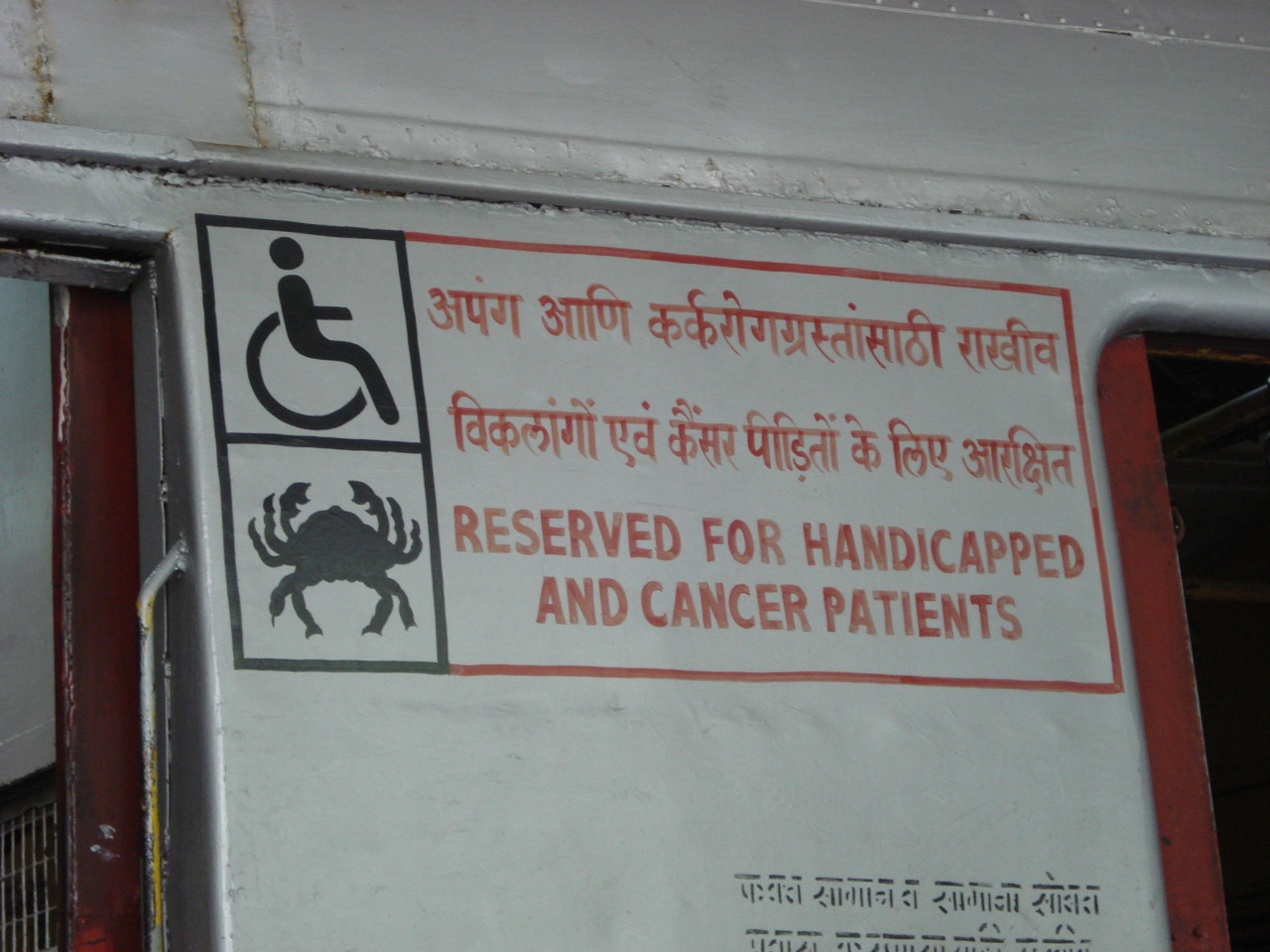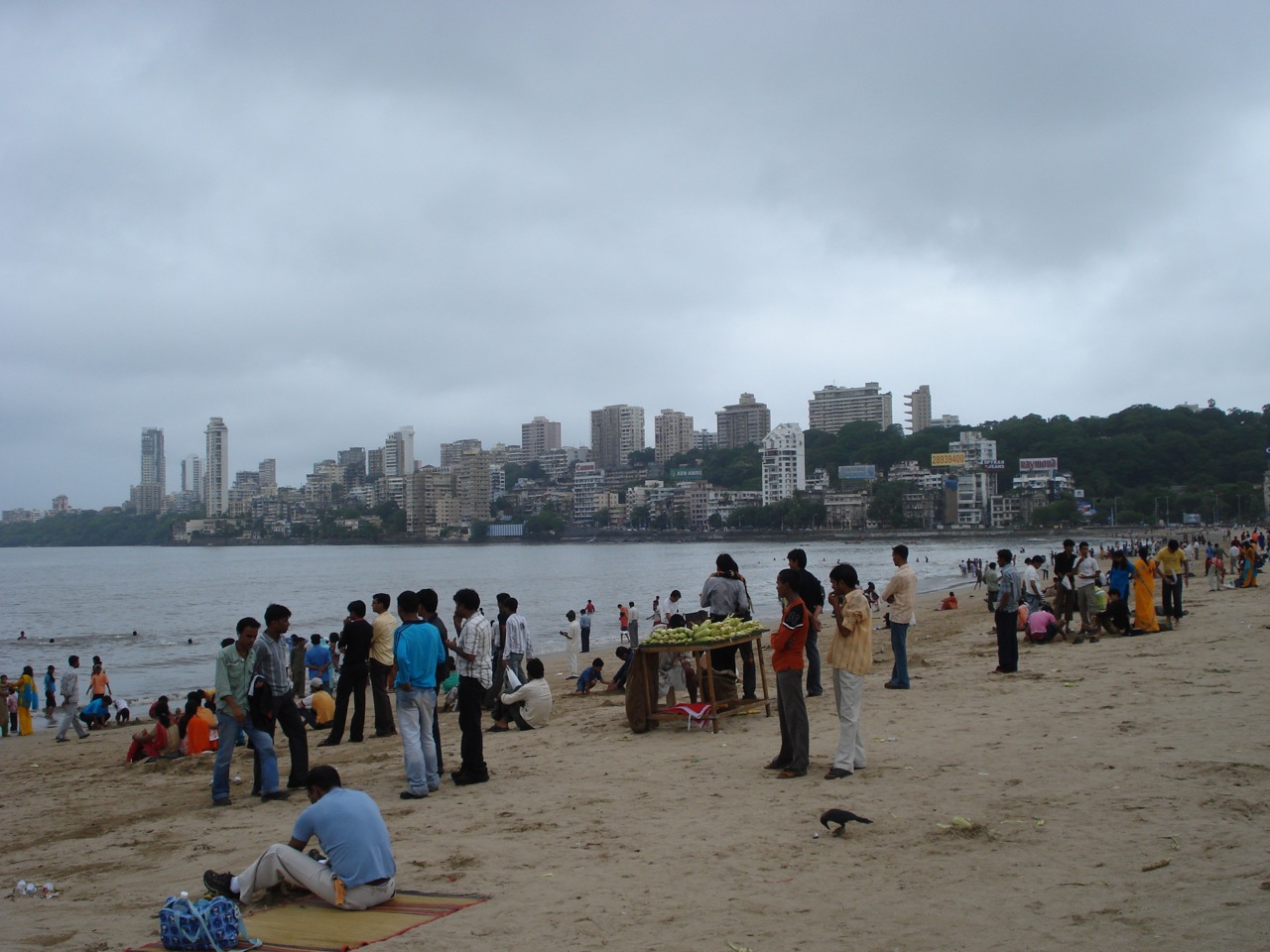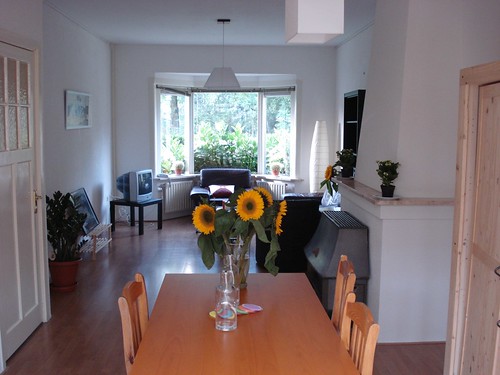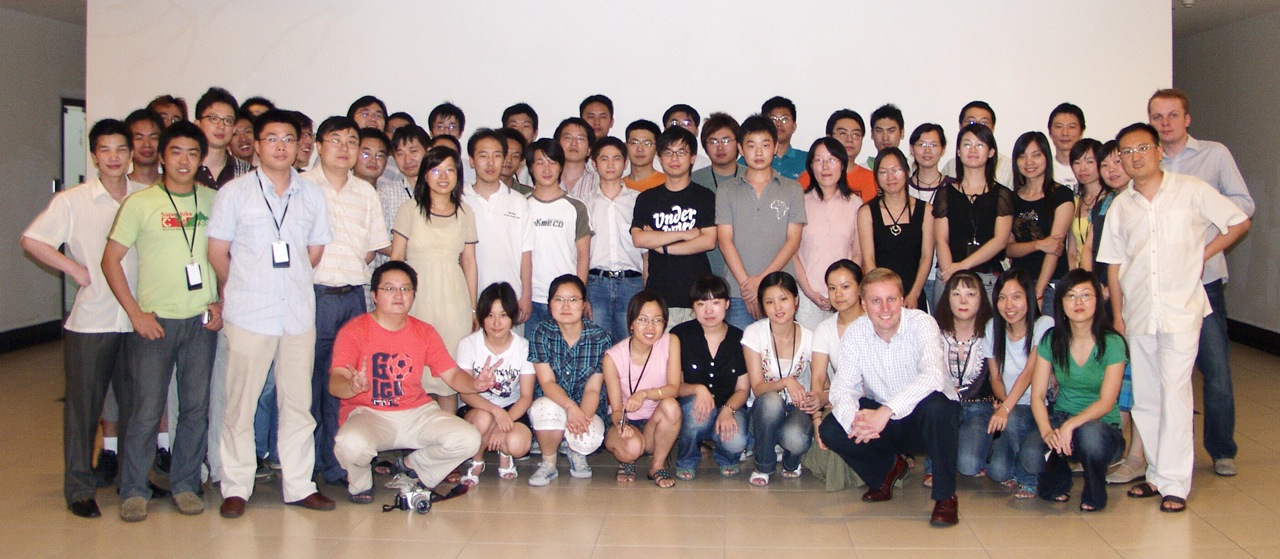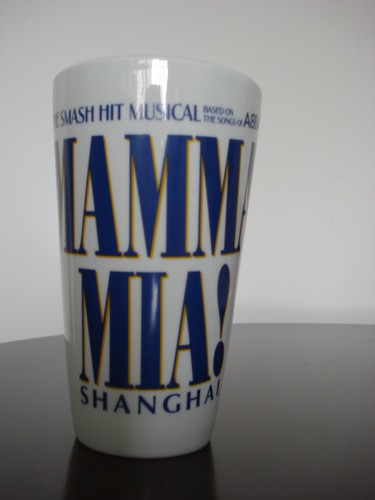 Last week Tuesday my wife and I went to see the musical Mama Mia! in the Shanghai Grand Theater. A few years ago you had to fly to Hong Kong or even Europe to see a decent stage performance, but things are changing. In the past 2 years we have seen among others the Phantom of the Opera and the Lion King in Shanghai, both performed by the similar casts that also do the West End or Broadway shows.
Last week Tuesday my wife and I went to see the musical Mama Mia! in the Shanghai Grand Theater. A few years ago you had to fly to Hong Kong or even Europe to see a decent stage performance, but things are changing. In the past 2 years we have seen among others the Phantom of the Opera and the Lion King in Shanghai, both performed by the similar casts that also do the West End or Broadway shows.
It turned out that we were lucky, because the next day’s show was cancelled due to an illness of one of the leading actresses and both of her substitutes. They even had to fly in somebody from London in order to ensure the performance of the show on Thursday. According to the Shanghai Daily this was the first time ever that they had to cancel a show!
Mama Mia! tells the story of a young woman who is getting married on a Greek island, where her British mother runs a small hotel. She does not know who her father is, and finds out through her mother’s diary that there are 3 possible fathers. She decides to invite them all to the wedding, hoping to find out which one is the real one. I won’t tell you the result, but the story has an interesting twist.
The musical is based only on ABBA hits, and they have been used in the story in interesting ways. Only occasionally part of the song texts were changed, but most of the time the writers were able to fit the songs in quite well with the story line. Because of the music and the love stories, it is a typical ‘feel good’ musical. I really enjoyed it, which has the side effect that I always start to get new business ideas (but I cannot write them down during the show). This always happens to me when I watch a good concert or show (or when I run on the treadmill for a long period of time), and it’s a good measure of whether I enjoyed the performance it or not.
I had the idea that the Chinese audience did not know most of the songs, but they still seemed to like it. As usual there were Chinese ‘subtitles’ on both sides of the stage, so non-English speakers were able to comprehend the story as well. Only during the 3 extra songs after the show was over, people started to clap along. A few foreigners even started dancing on their seats, but nobody else dared to follow.
The show will run daily until August 2. Tickets are available online and range from RMB 200 to RMB 2000. Most of the cheaper tickets are sold out long ago already, however. After Shanghai the show will move to Beijing, where they will play at the Poly Theatre.
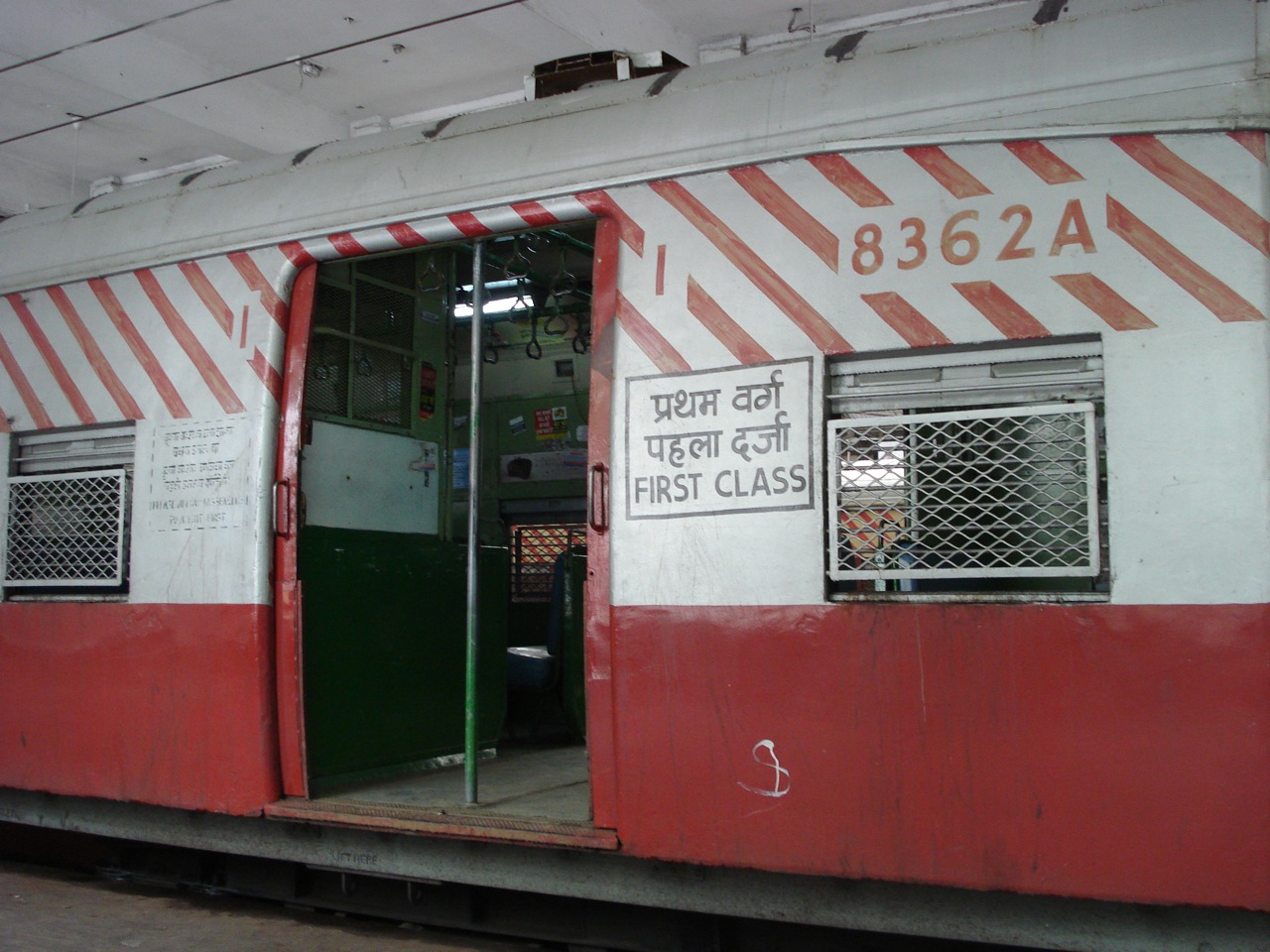
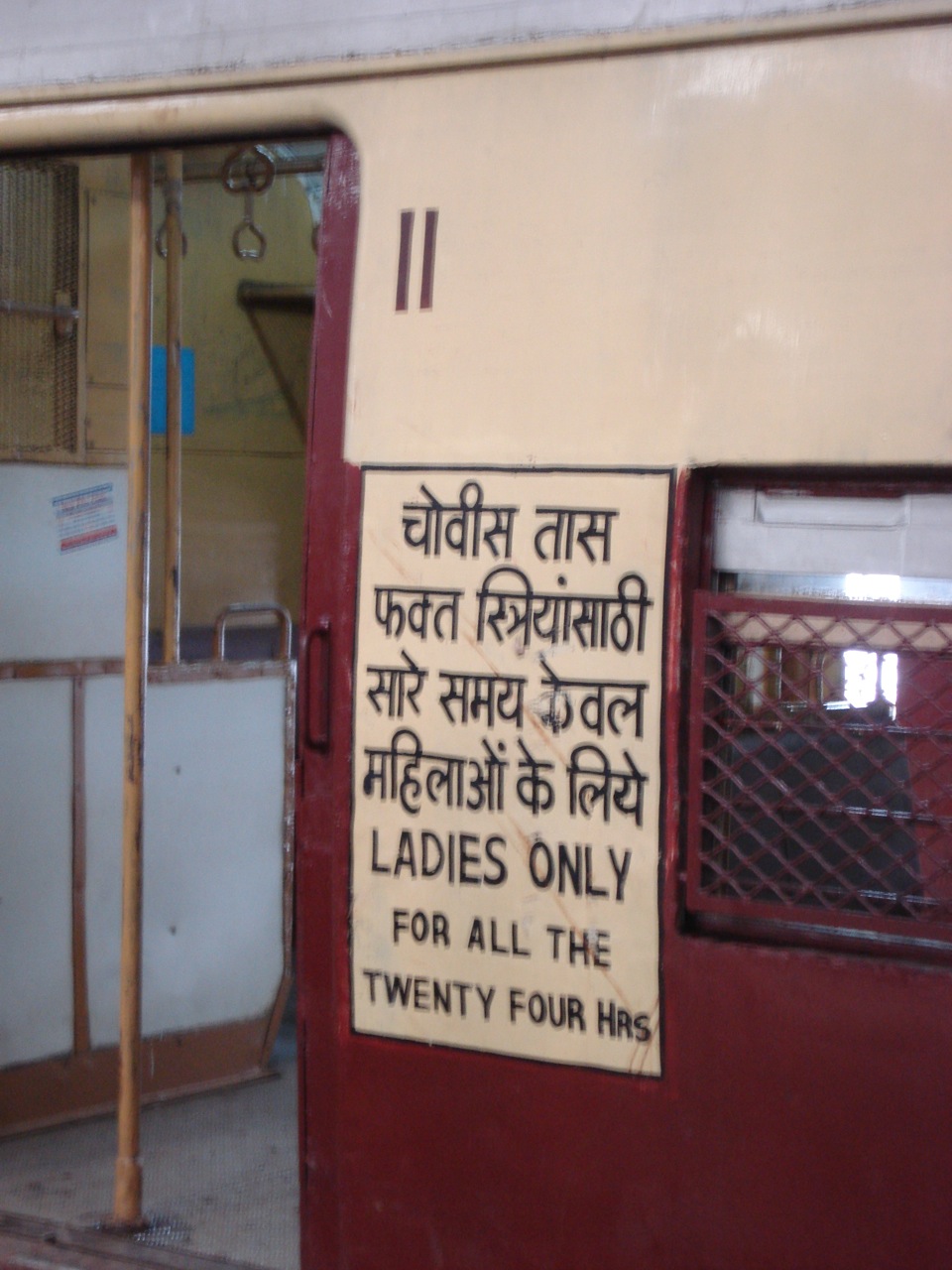 The front part of the train was for luggage, this part had no seats – just a dirty floor without any windows. To my surprise this part was not only for luggage, however, but also specially reserved for handicapped and cancer patients…
The front part of the train was for luggage, this part had no seats – just a dirty floor without any windows. To my surprise this part was not only for luggage, however, but also specially reserved for handicapped and cancer patients…